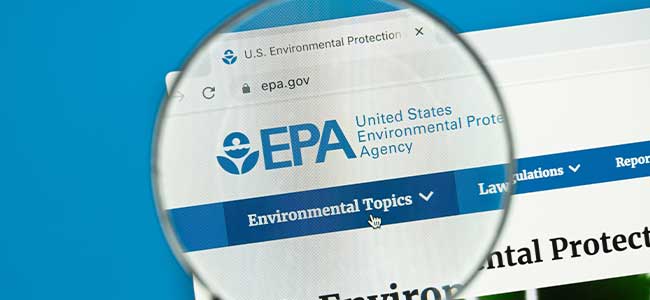
U.S. Fuel Economy Reaches Record High, CO2 Emissions Hit New Low, EPA Report Says
The EPA’s latest report highlights record-high fuel economy and record-low vehicle CO2 emissions in model year 2023 vehicles.
- By Robert Yaniz, Jr.
- Nov 27, 2024
The U.S. Environmental Protection Agency’s (EPA) 50th annual Automotive Trends Report reveals that model year (MY) 2023 vehicles achieved a record-high fuel economy of 27.1 miles per gallon (mpg). Meanwhile, CO2 emissions dropped to a record-low 319 grams per mile, a 40 percent uptick in fuel efficiency and a 31 percent reduction in CO2 emissions since MY 2004.
The report shows that all 14 large automakers met the EPA’s greenhouse gas (GHG) emissions standards, marking progress in reducing environmental impacts. Electric vehicles (EVs) and plug-in hybrid electric vehicles (PHEVs) contributed to the reduction, with these technologies cutting CO2 emissions by 38 grams per mile and improving fuel economy by 2.2 mpg.
“This report provides a critical data-driven affirmation that strong, technology-neutral standards can underpin environmental progress while saving drivers money at the pump,” EPA Administrator Michael S. Regan said in a statement. “Manufacturers continue to innovate and are bringing technologies to market which will directly improve air quality, better protecting people’s health and saving lives.”
EPA data reveals that battery-electric, plug-in hybrid and fuel cell vehicles accounted for 11.5 percent of vehicle production in MY 2023, up from 6.7 percent in MY 2022. That figure is expected to climb to 14.8 percent in MY 2024 as automakers expand their EV offerings.
Despite these advances, light-duty passenger vehicles and trucks still contributed approximately 17 percent of total U.S. GHG emissions in 2022, emphasizing the need for continued reductions. Since the agency began tracking vehicle emissions in 1975, vehicles have become 99 percent cleaner for common pollutants, improving air quality and public health outcomes.
The annual Automotive Trends Report is available to read in full on the official EPA website.
About the Author
Robert Yaniz, Jr. is the Content Editor for Environmental Protection.